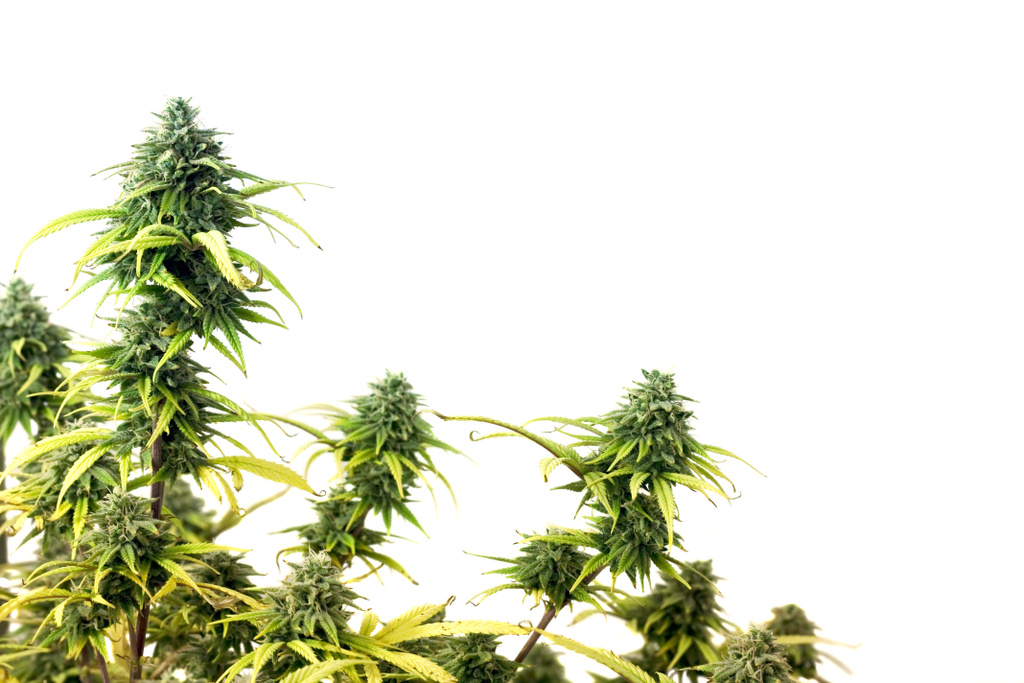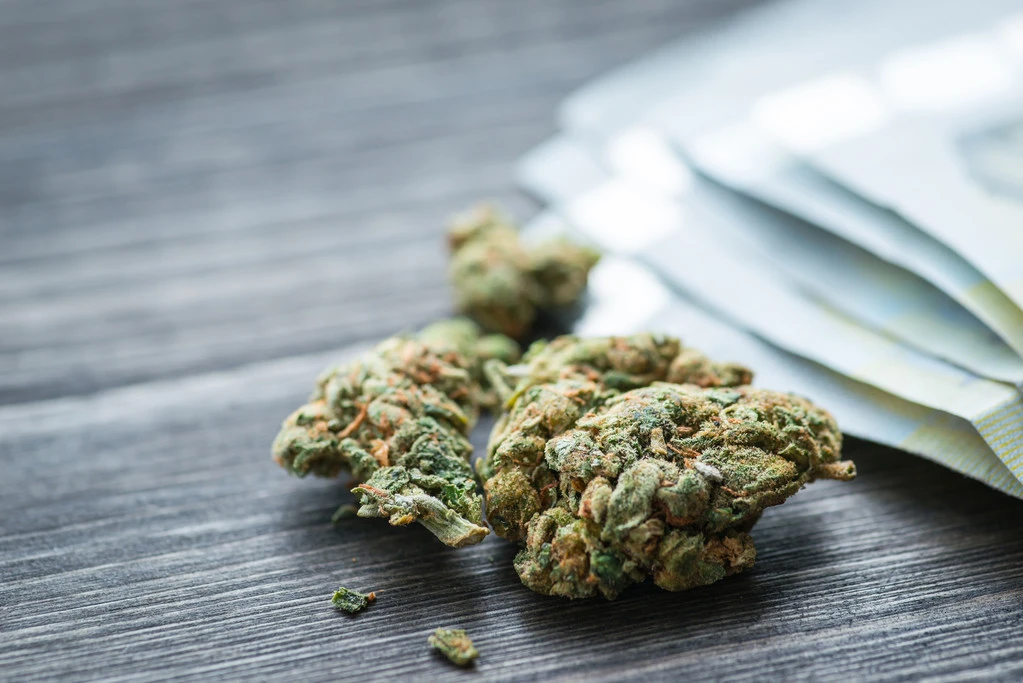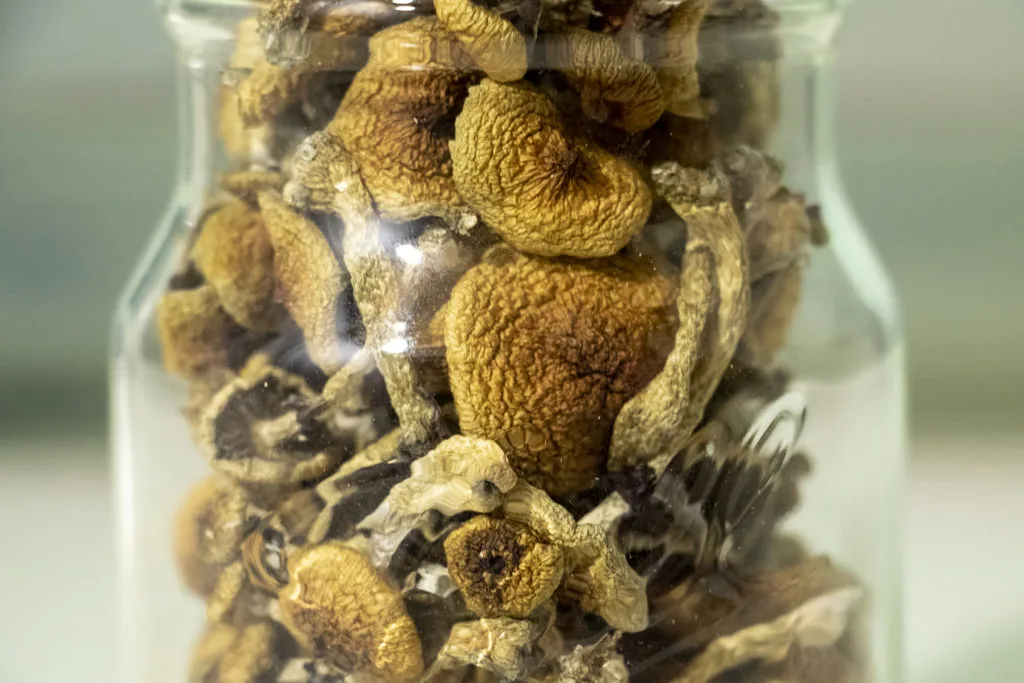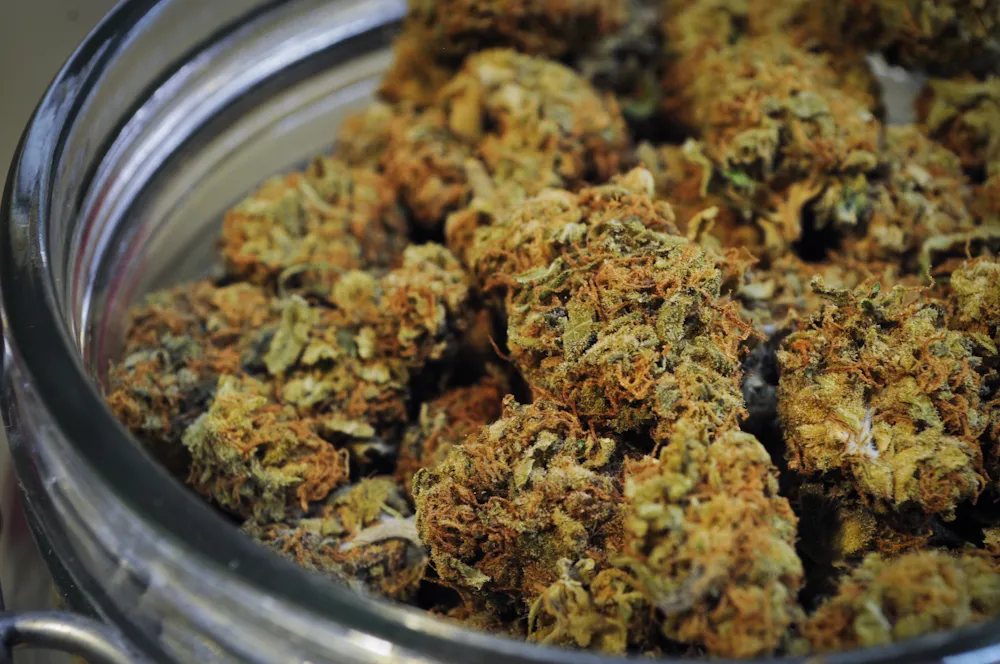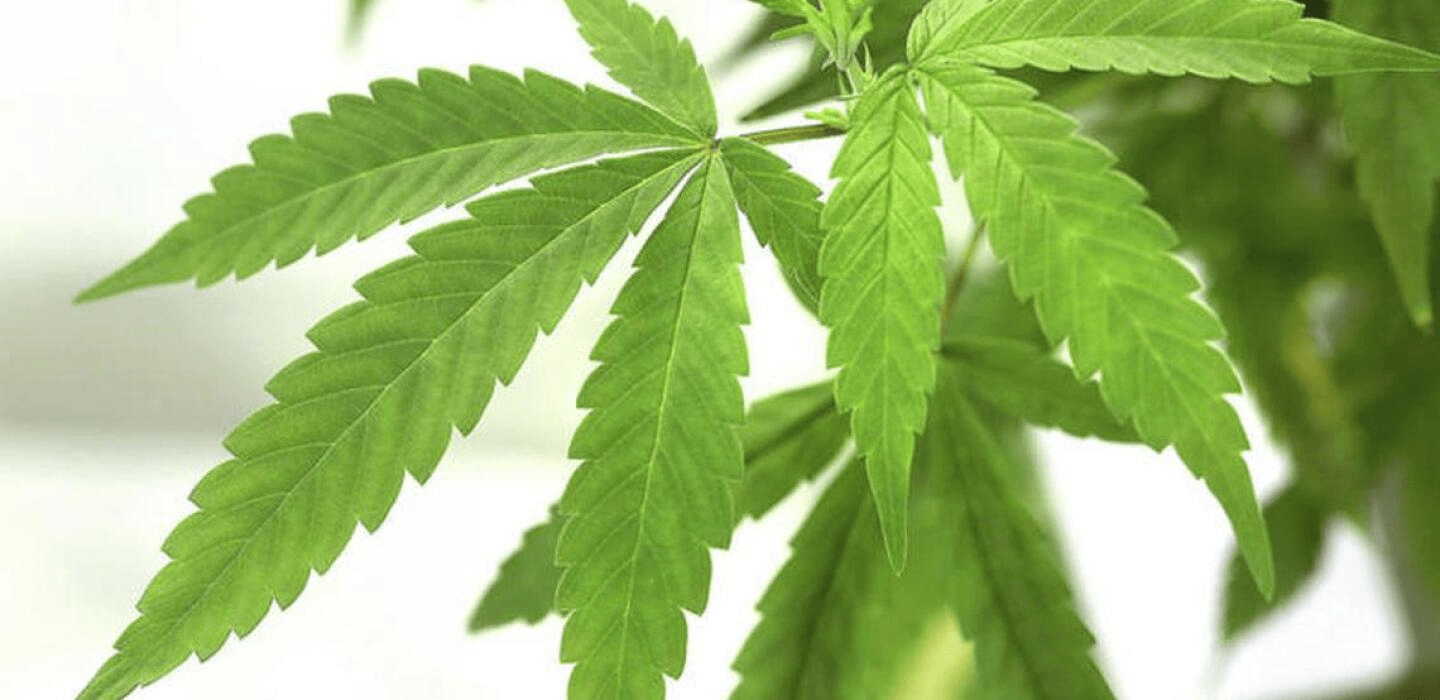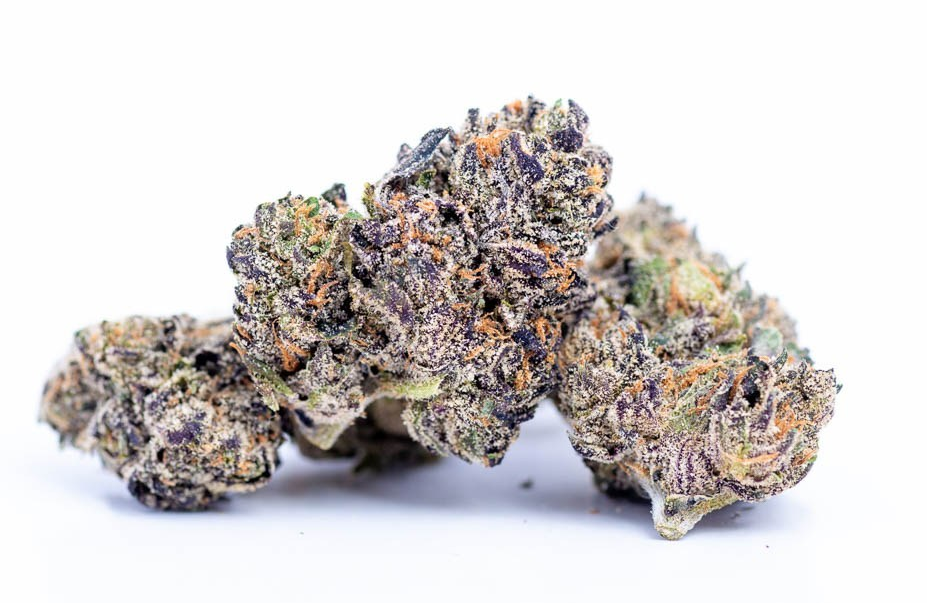Dallas Police Department officers are now under new guidelines regarding marijuana possession enforcement
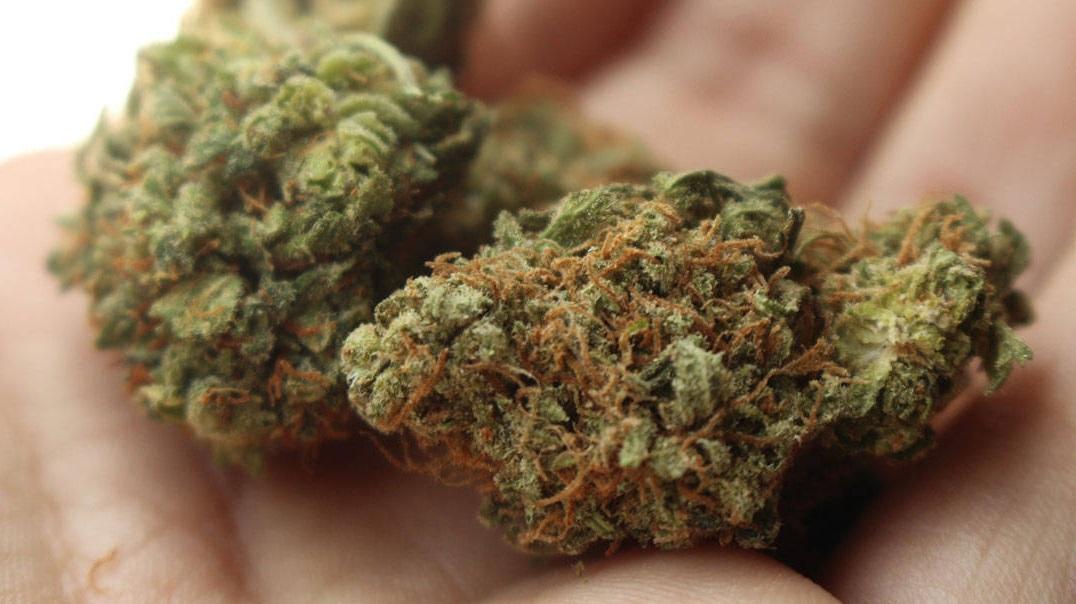
In November, Dallas voters overwhelmingly approved Proposition R, which decriminalizes the possession of up to four ounces of marijuana. Now, Dallas officers are no longer allowed to make arrests or issue citations for marijuana possession up to four ounces, according to a police memo that was sent to The Marijuana Herald. The memo was issued by Interim Police Chief Michael Igo.
Additionally, the memo states that the odor of marijuana can no longer serve as probable cause for searches or seizures, except in cases involving violent felonies or high-priority narcotics investigations.
Continue reading

